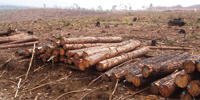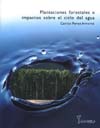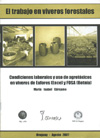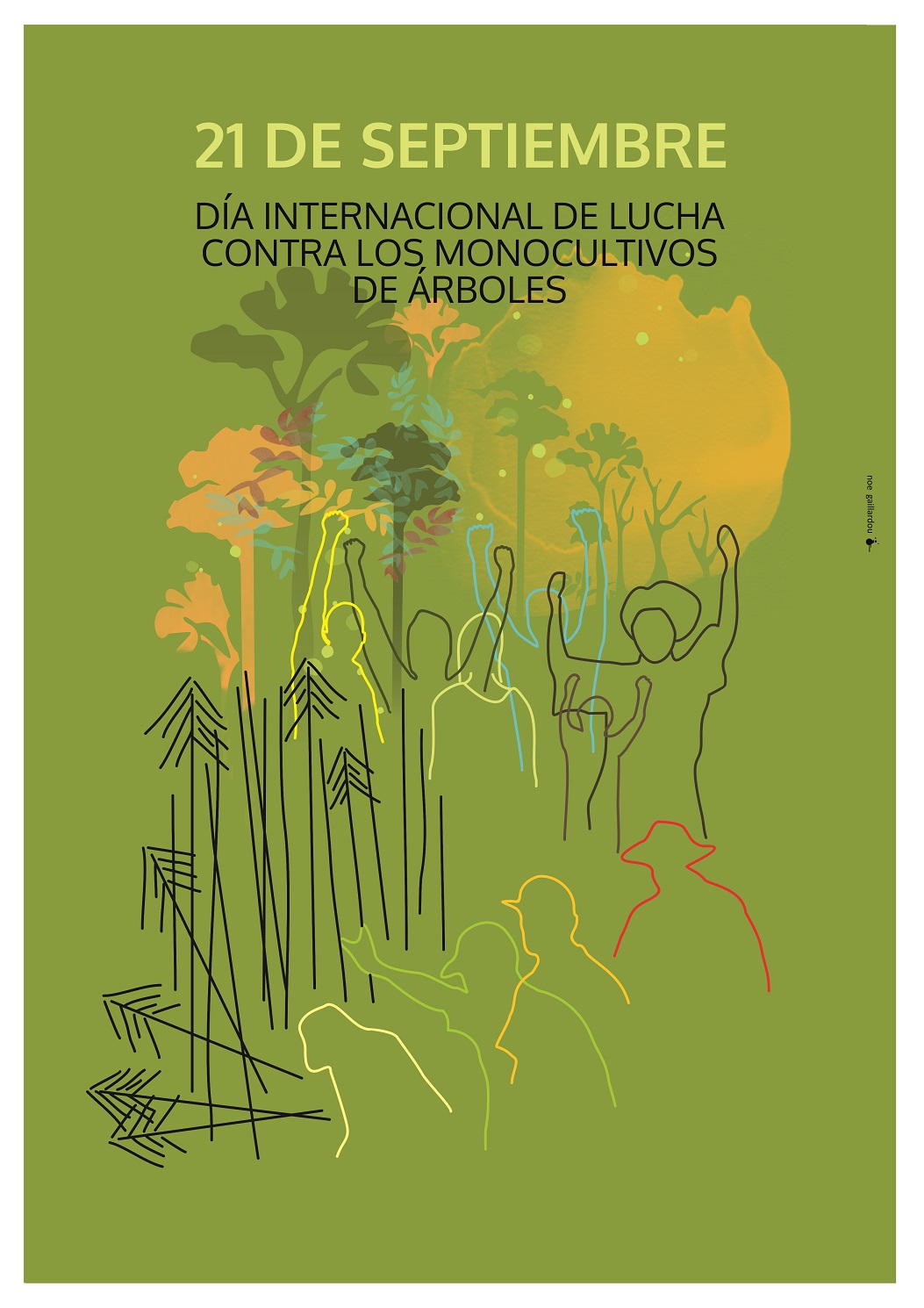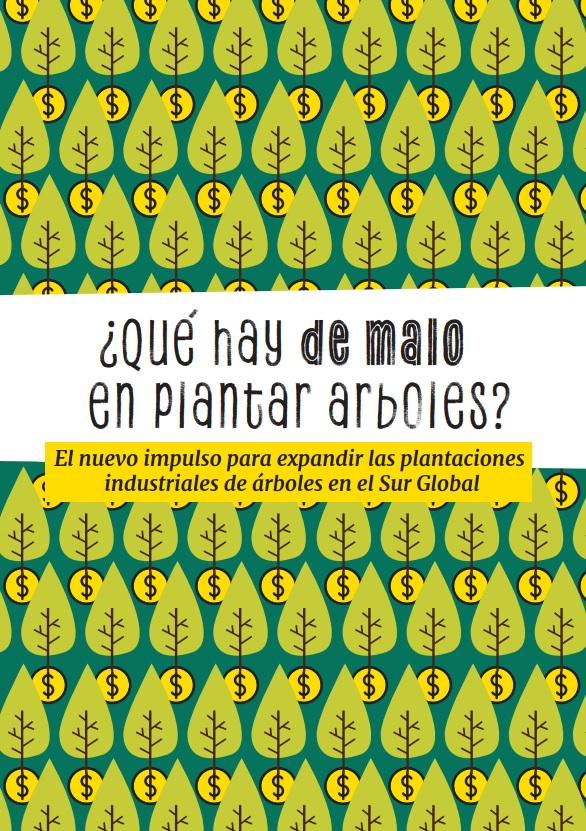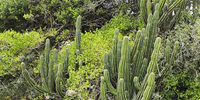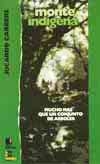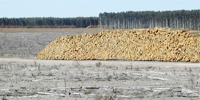Eucalyptus plantations have become a harsh issue for Chinese farmers of the villages north of the city of Hepu in the province of Guangxi, south of China. Their collective land has been expropriated to make way for monoculture tree plantations.
Behind the move is the Finnish-Swedish forestry giant Stora Enso, that plans to lease 180,000 hectares of land for half a century to plant eucalyptus that will feed the company’s pulp mill near the city of Beihai.
According to a report by Petteri Tuohinen from the Finnish publication Helsingin Sanomat, “Stora Enso is one of about 260 Finnish companies that is seeking profit from the growing Chinese market. Foreign operations is vital for Stora Enso. When the company presented its quarterly results on Thursday, CEO Jouko Karvinen said that considerable profits abroad helped cover losses made in Finland.” (1)
However, the business has implied a lot of conflict. In China all land belongs to the state or to rural communities, and Stora Enso has to lease the land as it cannot own it. So, once it has the officials on its side, it is them who get the land for the eucalyptus plantations -and local authorities have been very akin to promote industrial tree plantations. Accordingly, they have tried to seize the land used by the villagers to hand it over to Stora Enso. Not without resistance, though.
Because of the vagueness of land ownership in China it is often unclear who has the right to use land. Many villagers didn’t believe in the promises of prosperity of the so called “forest project” in the Hepu area. For those who lost their land, compensation was about EUR 50 a year per hectare for the expropriated land. That is meaningless for people who have been making their living growing beans, maize, fruits or bamboos with which baskets and other goods were made. These means of livelihood were gone with the land. Now the area is full of eucalyptus seedlings.
All this has led to mounting conflict from villagers whose opposition to Stora Enso’s plantations has been confronted with harsh violence by local officials. Land disputes reached a peak in 2004 and several people were injured. As a last resort, villagers in the land disputes have now turned to appeal as a last resort, although with little hope: “We have no option left than to appeal the situation. However, there is no point in expecting results from the appeal. Stora Enso is taking the rice bowl away from the farmers here”, says a village activist quoted by Helsingin Sanomat.
Even lawyer Yang Zaixin who defends the rights of the villagers was stormed and beaten by a group of men in what seems to be an intimidation to his work. Yang was quoted saying he is not sure if Stora Enso knew about the beating: “They don’t have to become directly involved in this kind of thing. Stora Enso merely pressures local officials to make sure that the company will get the land that it needs to grow its eucalyptus trees.” However, the company was aware of the lawyer and his defense of the villagers since he met with the field manager of Stora Enso and the company’s lawyer.
Land disputes are not new for Stora Enso. The same company’s Head of Sustainability Eija Pitkänen recognizes it: “Land use and land ownership are big issues. That is why there will always be conflicts. They cannot be averted”.
Friends of the Earth Finland have denounced the lack of real participation of local residents in impact assessments of forestry companies’ projects: “For instance, in Brazil, Stora Enso works only with those organisations that take a conciliatory view, and are certain to cooperate. In China, professional businesses and organisations are often under so much pressure that they do not dare bring forward any negative sides”, says Noora Ojala, Vice President of Friends of the Earth Finland. (2)
Finnish investment abroad may solve losses at home but surely also expands abroad conflicts and violence that fall on the weakest.
(1) “Chinese farmers lose land to Stora Enso tree plantations”, http://www.hs.fi/english/article/Chinese+farmers+lose+land+to+Stora+Enso+tree+plantations/1135245537698
(2) “Finnish Prime Minister wants investigation into claims of violence linked with Stora Enso activities in China”, http://www.hs.fi/english/article/Finnish+Prime+Minister+wants+investigation+into+claims+of+violence+linked+with+Stora+Enso+activities+in+China/1135245537984
Source: WRM’s bulletin Nº 142, May 2009


